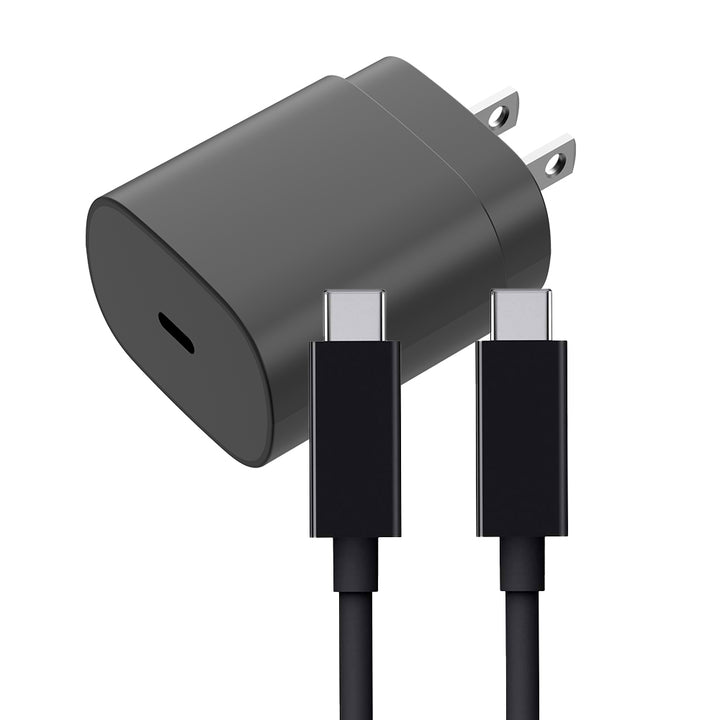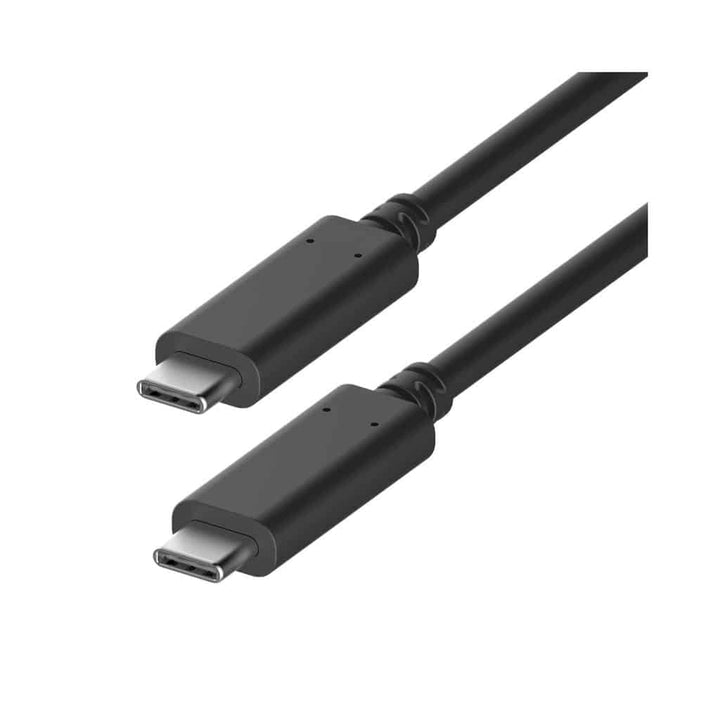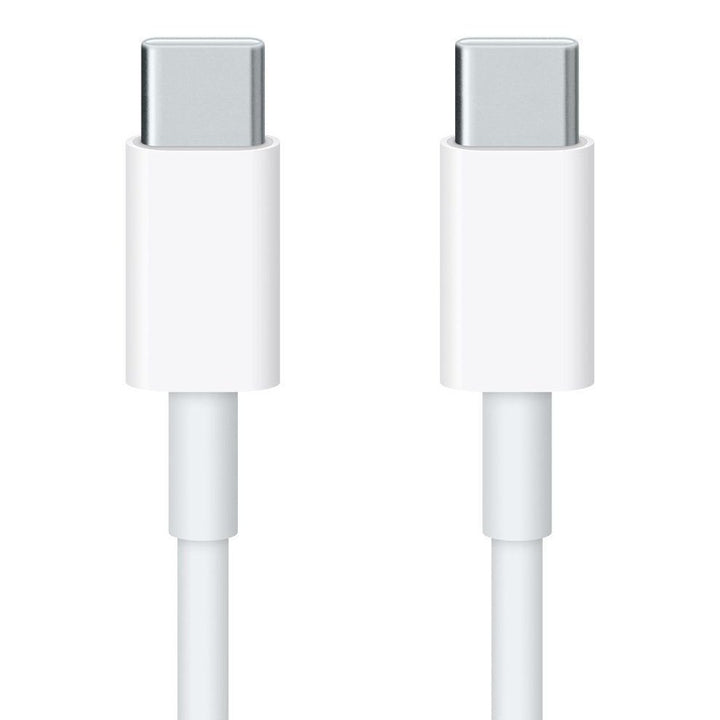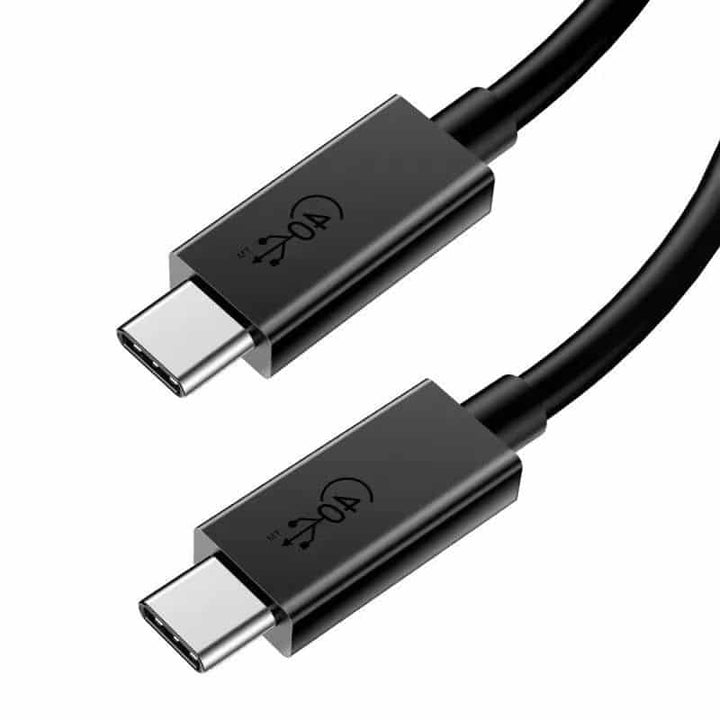Are Smart Speakers Listening to Our Conversations?
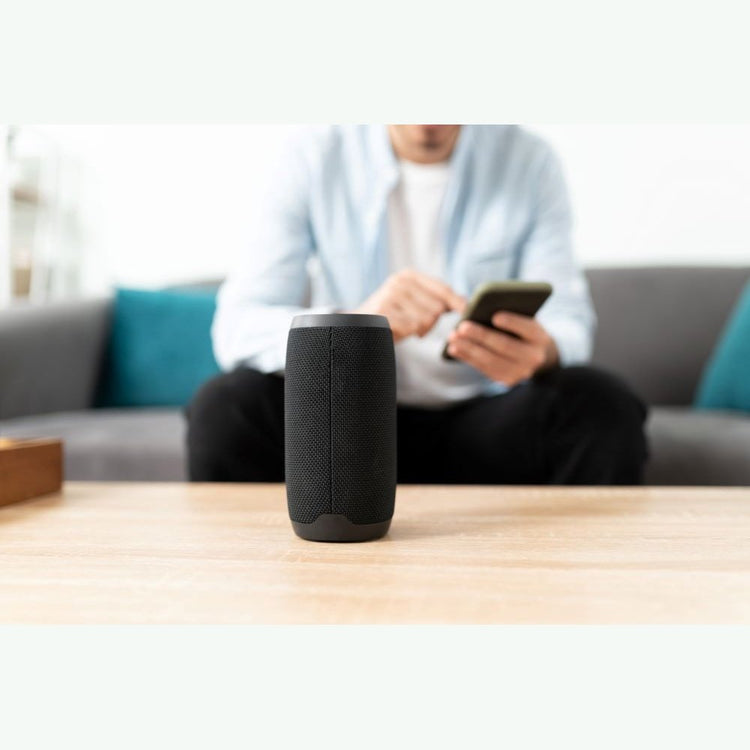
Smart speakers have become an integral part of many households, offering convenience and entertainment with just a simple voice command. Whether it's playing music, providing weather updates, or setting reminders, these AI-powered devices seem to have the answer to everything. But as we bring these smart assistants into our homes, a lingering question remains: are they silently eavesdropping on our private conversations? In this blog, we'll delve into the truth behind the myths, exploring the technology and privacy concerns surrounding smart speakers.
The Technology Behind Smart Speakers
To understand whether smart speakers are listening to our conversations, we must first grasp how these devices function. Smart speakers like Amazon's Alexa, Google Assistant, and Apple's Siri rely on always-on microphones to detect the wake word ("Alexa," "Hey Google," or "Hey Siri"). When the wake word is detected, the device activates and processes the subsequent command. This constant monitoring of ambient sounds raises concerns about user privacy.
"No, I Wasn't Eavesdropping" - How Smart Speakers Work

Despite popular misconceptions, smart speakers are not actively recording your every word. The devices store only a small amount of audio locally, typically a few seconds before and after the wake word is detected. This buffer is used to improve speech recognition and better understand your commands.
Furthermore, smart speakers are designed to prioritize user privacy. The majority of processing occurs locally on the device, meaning that most commands are not sent to remote servers. Only after hearing the wake word, the device connects to the cloud to process the specific request.
Your Privacy Matters: Controlling Your Data
Companies like Amazon, Google, and Apple understand the sensitivity of personal data and offer multiple layers of control to protect user privacy. Users have the ability to review and delete their voice recordings, manage third-party app permissions, and even disable the microphone when needed. Additionally, you can review the data that the device has stored and manage preferences related to data collection.
A Light in the Dark: Privacy Indicators
To assure users that their privacy is being respected, many smart speakers are now equipped with visible indicators that show when the device is actively listening. For example, Amazon Echo devices have an LED ring that turns blue when Alexa is processing a command. These indicators aim to enhance transparency and remind users when their voice is being processed.
The Case of Mistaken Eavesdropping
Instances of smart speakers being triggered accidentally are not unheard of. Background noise or words that sound similar to the wake word can mistakenly activate the device. While these cases may seem alarming, rest assured that the device is still bound by the limitations mentioned earlier. It records only a short buffer around the mistaken activation, which is typically discarded and not stored unless a valid command follows.
Concluding Thoughts
In the age of smart technology, concerns about privacy are valid and should not be taken lightly. While smart speakers do have the potential to listen to our conversations, their primary function is to be helpful digital assistants, not invasive eavesdroppers. By understanding how the technology works and exercising the available privacy controls, users can confidently enjoy the benefits of smart speakers while safeguarding their personal information.
As smart speaker technology continues to evolve, companies must prioritize privacy, offering transparent practices and clear consent mechanisms. By striking the right balance between functionality and user privacy, smart speakers can remain valuable assets in our modern homes without compromising our trust. So, the next time you ask your smart speaker for the weather forecast or a good recipe, remember that it's there to help, not to spy on your secrets!
Featured 4XEM Products
